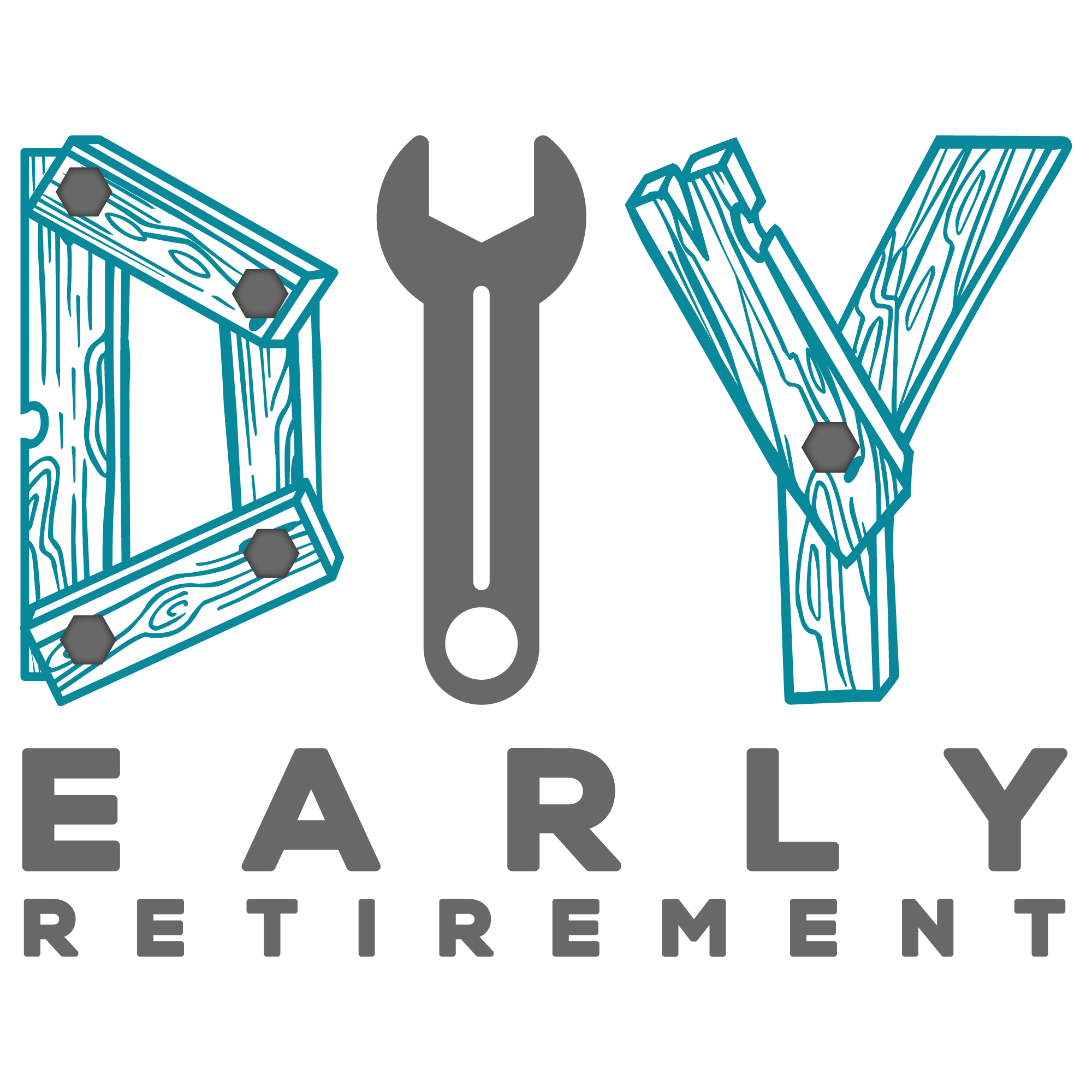Private lending refers to an arrangement where an individual or entity (the investor) loans money to a borrower, typically a business, in exchange for regular interest payments and the eventual return of the principal. This type of lending can be highly beneficial for investors, but it also requires careful due diligence to ensure the investment is safe and the borrower is reliable. Here’s an overview of the benefits and the critical importance of vetting the borrower:
Benefits of Private Lending for Investors
1. Regular Interest Payments:
• Steady Income Stream: One of the key advantages of private lending is the consistent interest payments the investor receives, typically on a monthly or quarterly basis. This can provide a reliable cash flow, which is especially appealing for investors looking to generate income outside of more volatile investments like stocks.
• Higher Returns: Private loans often carry higher interest rates compared to traditional bank loans. Investors may earn more from private lending than from other conservative investments, such as bonds or savings accounts, depending on the borrower’s risk profile.
2. Principal Repayment:
• Return of Initial Capital: At the end of the loan term, the borrower is obligated to repay the entire principal amount, meaning the investor gets back their initial capital in addition to the interest payments. If the loan is structured properly and the borrower remains solvent, this can provide the investor with both income and capital preservation.
3. Customizable Loan Terms:
• Negotiable Terms: Private lenders often have more flexibility than banks to negotiate loan terms that fit their risk tolerance and investment goals. This includes setting the interest rate, loan term, and repayment schedule. Lenders can also require additional protections, such as personal guarantees or collateral (discussed below), to further safeguard their investment.
Due Diligence and Risk Management
While private lending can be lucrative, it also carries inherent risks. Performing thorough due diligence on the borrower and ensuring there is adequate collateral are essential steps in managing these risks.
1. Vetting the Borrower:
• Financial Health: It’s crucial to assess the financial stability of the borrower. Review their financial statements, credit history, and past loan repayment performance. A borrower with a strong track record of managing debt is generally a safer bet.
• Business Plan/Revenue Stream: If lending to a company, make sure the business has a viable and profitable plan to generate the revenue needed to repay the loan. This includes understanding their business model, projected earnings, and any risks that could affect their ability to repay.
2. Qualify as an Accredited Investor:
• Make sure you can legally play: An accredited investor in real estate is someone who meets specific financial qualifications, like having a net worth over $1 million (not counting their home) or earning more than $200,000 a year ($300,000 with a spouse). These qualifications allow them to invest in special real estate deals that aren’t open to everyone, like private real estate funds or large property projects, because they are considered able to handle the higher risks involved.

